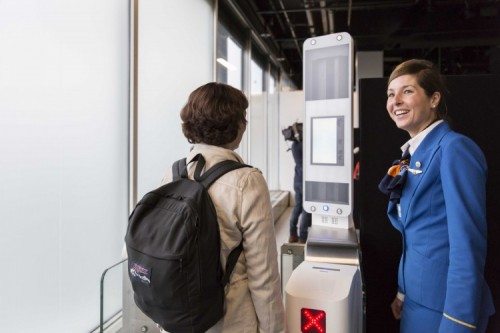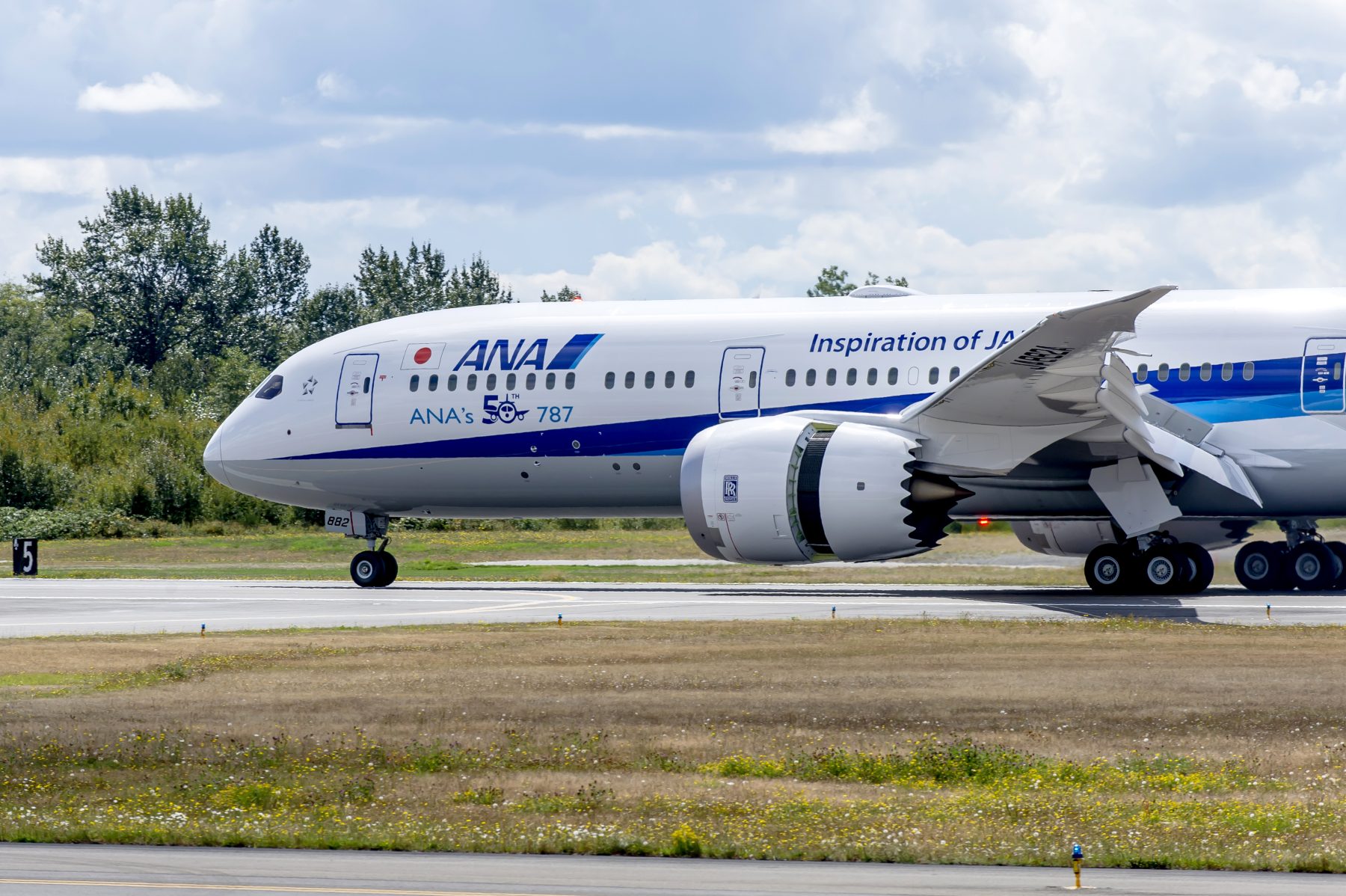JetBlue Tests Facial Recognition and 5 Other Aviation Trends This Week

Skift Take
Throughout the week we post dozens of original stories, connecting the dots across the travel industry, and every weekend we sum it all up. This weekend roundup examines aviation.
For all of our weekend roundups, go here.
>>American Airlines has a new lounge for ultra-premium passengers at JFK. Good luck getting in though: American Airlines Launches Flagship Airport Dining for Top-Tier Fliers
>>It's starting to look like an electronics ban on flights from Europe to the United States may not be imminent. But no one outside of government knows for sure — not even airlines: Laptop Ban on European Flights Might Not Happen, Report Says
>>Even as tests go, this is a tiny one. But it shows what's possible with biometrics. Wouldn't it be nice to be able to go through the airport without showing a boarding pass or passport? JetBlue to Test Facial Recognition for Boarding Without Passports
>>United is making a sound business decision by rewarding its best customers. But in recent years, we've seen the chasm grow between the flying haves and have-nots: United Brings Back Hot Food on Some Routes — But Only in Economy Plus
>>Business travelers love saving two or three hours of flying time. They'll surely love United's new nonstop. But for everyone else, 18 hours is a long time to spend on an airplane. Even a 787: United To Fly Longest Ever U.S. Airline Route
>>Honeywell has a new suite of connected tools that it's bringing to market powered by satellite connectivity. In a crowded market, though, it may take some time before the potential is fully realized: Honeywell Shows Off Connected Aircraft Capabilities On Test Flights




